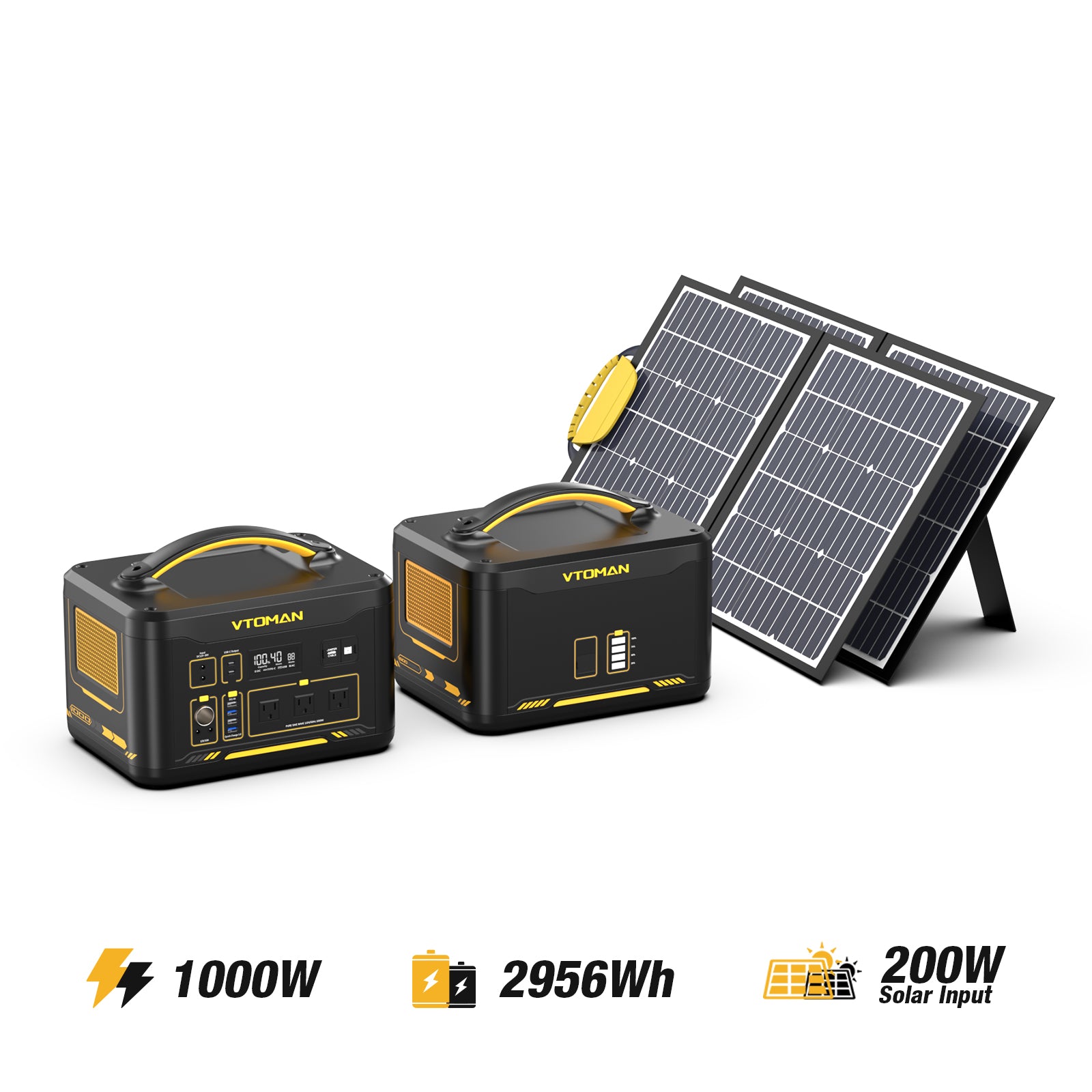As the world continues to grapple with the challenges of climate change and the need for sustainable energy solutions, alternative energy sources have emerged as a viable option. One such source is solar power, which harnesses the energy of the sun to generate electricity. Solar-powered backup generators, in particular, play a crucial role in providing reliable and clean energy in times of power outages or emergencies.

The Importance of Alternative Energy Sources
Traditional energy sources, such as fossil fuels, contribute to greenhouse gas emissions and have a detrimental impact on the environment. The use of alternative energy sources, like solar power, helps reduce carbon emissions and mitigates the effects of climate change. Solar-powered backup generators offer a sustainable and eco-friendly solution to meet our energy needs while minimizing our carbon footprint.
The Role of Solar-Powered Backup Generators
Solar-powered backup generators serve as a reliable source of electricity during power outages or in remote areas where access to the grid is limited. These generators utilize photovoltaic (PV) panels to convert sunlight into electricity, which is then stored in batteries for later use. When the grid fails or there is a disruption in the power supply, the backup generator automatically switches on, providing a seamless transition to solar power.
One of the key advantages of solar-powered backup generators is their ability to operate silently and without emitting harmful fumes. This makes them suitable for both residential and commercial use, as they can be installed in close proximity to living or working spaces without causing noise pollution or air pollution. Additionally, solar-powered backup generators require minimal maintenance, making them a cost-effective and hassle-free alternative to traditional backup generators.
Benefits of Solar-Powered Backup Generators
1. Energy Independence: Solar-powered backup generators allow individuals and businesses to become less reliant on the grid and traditional energy sources. By generating their own electricity, they can reduce their dependence on fossil fuels and have greater control over their energy supply.
2. Cost Savings: While the initial investment in solar-powered backup generators may be higher than traditional generators, the long-term cost savings are significant. Solar power is a free and abundant resource, and once the system is installed, the ongoing operational costs are minimal.
3. Environmental Impact: Solar power is a clean and renewable energy source that produces no greenhouse gas emissions. By using solar-powered backup generators, individuals and businesses can reduce their carbon footprint and contribute to a more sustainable future.
4. Versatility: Solar-powered backup generators can be used in a variety of settings, from residential homes to commercial buildings, and even in remote areas where access to the grid is limited. They can provide power for essential appliances, such as refrigerators, lights, and communication devices, ensuring that basic needs are met during emergencies.
The Future of Solar-Powered Backup Generators
As technology continues to advance, the efficiency and affordability of solar-powered backup generators are expected to improve. Innovations in battery storage and solar panel technology will make these generators even more reliable and accessible to a wider range of users. Additionally, the integration of smart grid systems and energy management software will enable better monitoring and optimization of solar power usage.
In conclusion, solar-powered backup generators play a crucial role in providing reliable and sustainable energy during power outages or in areas with limited access to the grid. They offer numerous benefits, including energy independence, cost savings, and environmental impact reduction. As the world transitions towards a cleaner and more sustainable energy future, solar-powered backup generators will continue to play a vital role in our energy infrastructure.



